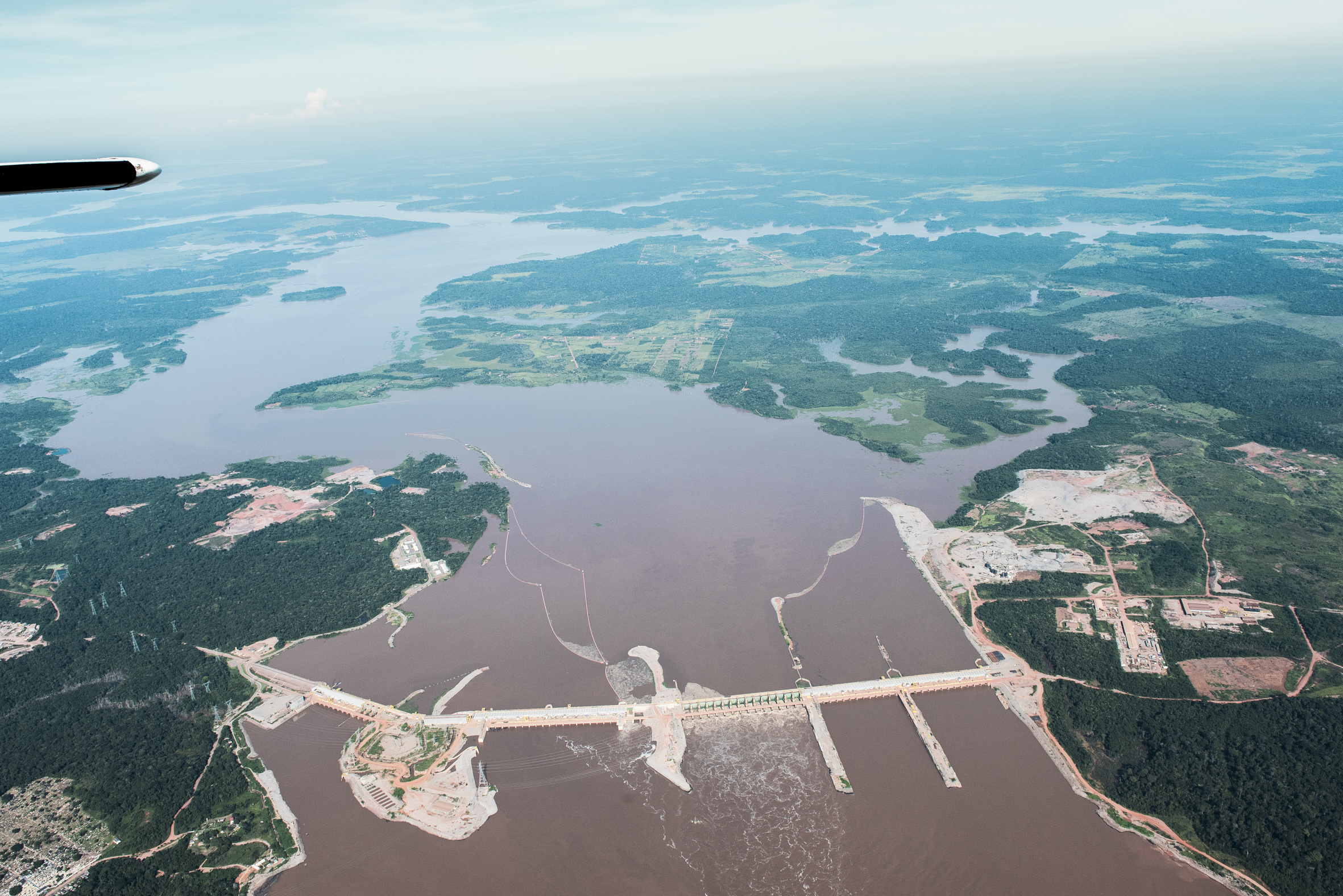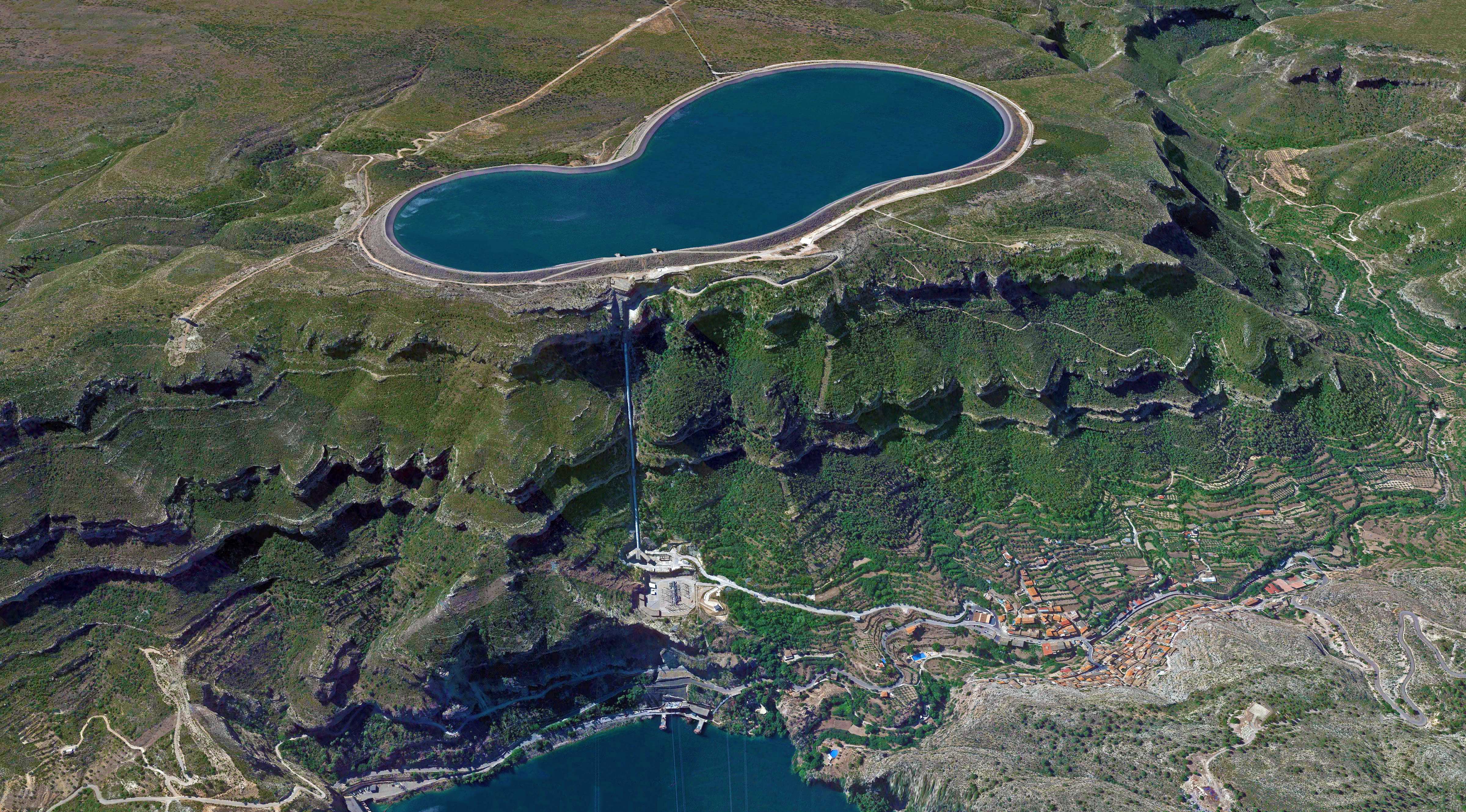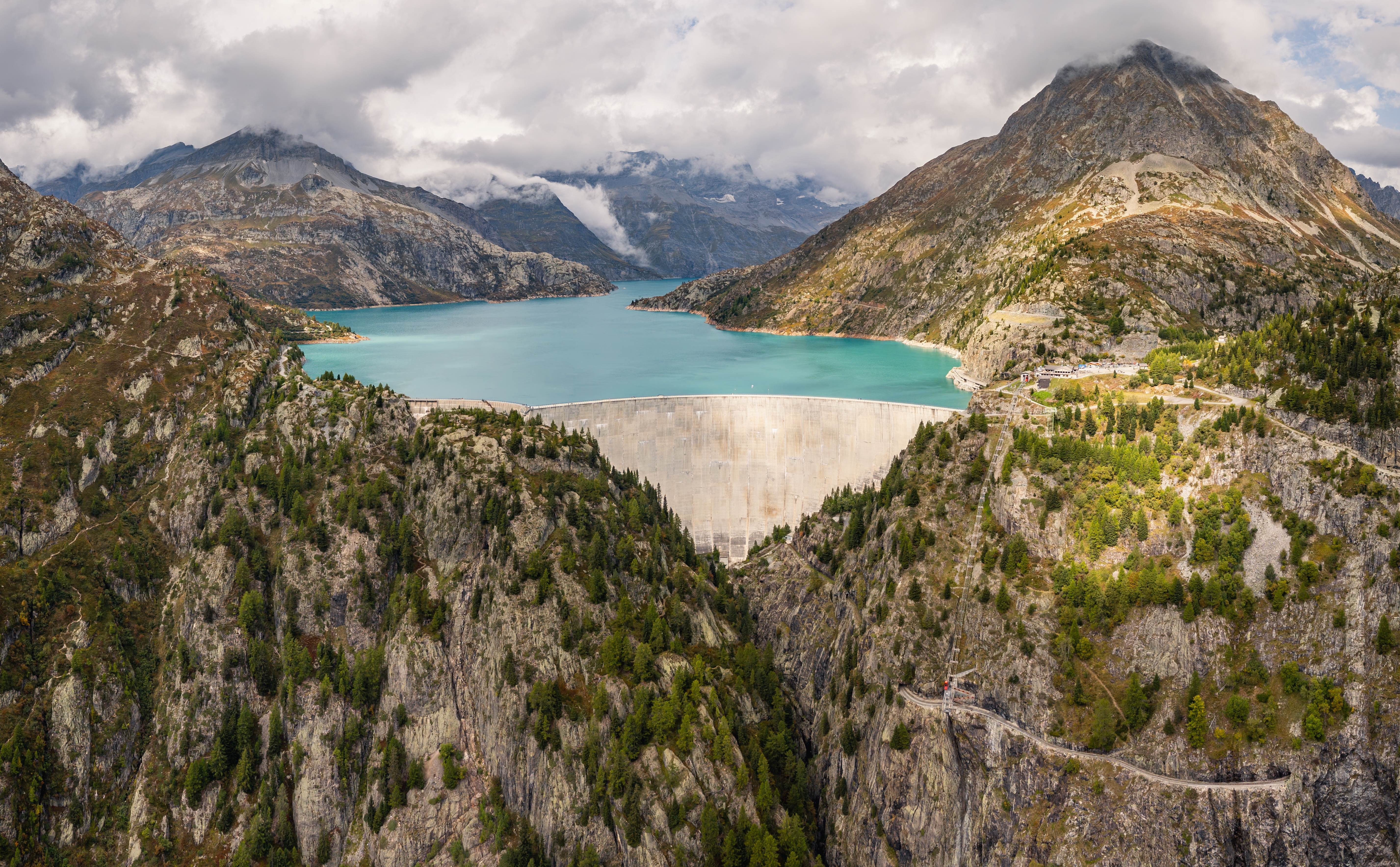CEO interview: Eric Martel, Hydro-Québec
Eric Martel is the President and Chief Executive Officer of Hydro-Québec, having taken up the role in July 2015. He spoke to us about the company’s recent return to the market for international energy assets, what the Paris Agreement means for hydropower, and the challenges for the sector in a changing world.

What have been your first impressions at Hydro-Québec, and what strengths would you like to build on?
As you know I have been in the job for a year now, and my first impression at the beginning was definitely how passionate the people here are about what we do to serve the province of Quebec.
I would say the most impressive thing is our project management ability. We manage more than a thousand projects in parallel, from hydro production to transmission to distribution, and I was very impressed by how reliable we are in terms of schedule and cost.
We are building a new hydro production site right now at La Romaine. We are ahead of schedule and within the budget envelope, and we are quite happy with that.
The second thing is our technical ability. We are recognised around the world for hydro – we have the most updated practices when we build new dams.
At the same time, we have a vast transmission network. We are producing the hydroelectricity up north, and we have to bring it down either by AC or DC transmission over a very long distance – but the knowledge we have been developing here has always been a cornerstone of our strategy, and I think it puts us in a very good place today in terms of capability and production.
Hydro-Québec has recently announced a return to the market for international energy assets. What is the thinking behind this strategy?
Historically, Hydro-Québec has been steadily growing here, but since 2007/08 we have seen our growth being minimised in terms of the whole electricity being produced for the Quebec market.
For a company of our size – we are a CAD 13.5 billion company with 4.2 million customers – if we want to maintain our financial performance, we are clearly going to have to grow.There are different avenues we are considering. First of all, we have the ability to increase our exports. We already export about 30 TWh out of Quebec to the United States or to other Canadian provinces.
We are looking at assets in other countries where there is potential for growth. So we are pretty active right now in the market."
At the same time, we are looking at assets in other countries where there is potential for growth. So we are pretty active right now in the market, and we are looking at different opportunities.
The third aspect where we may have an ability to grow is innovation, which as I mentioned has always been a cornerstone of our strategy. For example, energy storage is a challenge around the world, and we have developed a battery that has some unique capabilities in terms of the total lifecycle and security.
Esstalion Technologies will soon begin testing the first prototype of a large-capacity energy storage system, which will meet electricity demand during peak consumption periods and facilitate the integration of renewable energy onto the grid.
Of course, hydropower remains our core source of energy storage. We see hydropower as playing a central role in meeting the world’s energy challenges in the wake of the Paris Agreement, as the need for storage grows alongside the demand for more renewables.
So those are the three areas – it’s really about building on our strength.
Are there any particular regions of the world that you have mind, or are there any particular types of projects that you will be prioritising?
There is clearly a stimulus coming from COP21. A lot of people are looking at more renewable power, and hydro is a renewable power source so there is an interest right now in terms of looking at sources other than fossil fuels.
We have not limited ourselves to a certain area, but North America is a natural option for us. You may also know that we have been present in South America. For example, years ago we used own the whole network in Chile and operated it for many years, so we have those connections which we have maintained over the years.
We know more renewable power is needed in Europe, and clearly it is not just providing the source but also the ability to bring solar or wind power into the network. What comes into play here is the ability for transmission and transportation of electricity; here in Quebec we have integrated about 10 to 11 kilowatt hours of wind power over the years, so we do have that knowledge.
What is your opinion on the role of hydropower in meeting the Paris Agreement target to keep warming well below 2°C above pre industrial levels?
I think that our role can be significantly more than today. A lot of people are talking about solar power and wind power, which are great renewable sources, but the uniqueness of hydropower as a renewable energy is the fact that we can bring power at all times.
The uniqueness of hydropower as a renewable energy is the fact that we can bring power at all times."
If we all work together – hydro, solar and wind power – I think we will be able to develop much more renewable energy, because the alternative solution to sustain wind and solar power is to work with less clean sources gas, which produce emissions.
There are all kinds of urban myths about hydropower, but studies show that it is one of the best sources in terms of greenhouse gas emissions, comparable to solar and wind power.
If you bring hydropower into the mix of solar and wind on a network, then you have killed two birds with one stone and you have a complete renewable supply, helping the challenge that we have all agreed on at COP21.
As a CEO, what keeps you awake at night?
Not much. Usually I sleep pretty well! But joking aside, I think another challenge that we are all facing together today is cyber security.
I think this is a new era, especially in Europe and in North America where we have seen all the different attacks. I think that we really need to raise the bar, and this is one thing that we are already engaged with here in terms of making sure that we are better protecting our equipment and stepping up to the challenge of cyber security.









